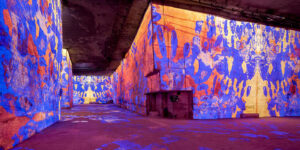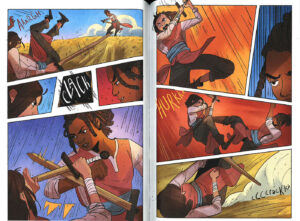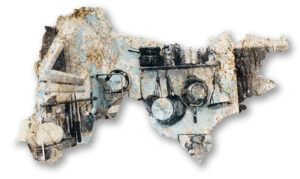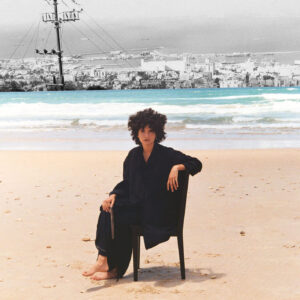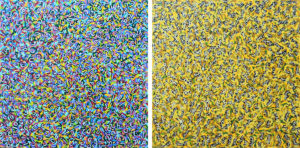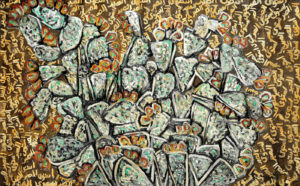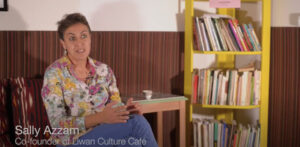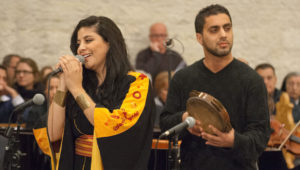We Could Have Been Friends, You and I: A Palestinian Memoir, by Raja Shehadeh
Other Press 2022
ISBN 9781635423648
Amal Ghandour
I was barely into the first few pages of Raja Shehadeh’s We Could Have Been Friends, My Father and I, when a 24-year-old inscription rushed back to mind.
In 1998, my friend Christopher Dickey (1951-2020), an author and then Newsweek’s Middle East Editor, came visiting in Beirut, bearing with him the advance uncorrected reader’s proof of Summer of Deliverance. Chris was the son of the very famous (and no less infamous) James Dickey, the poet and novelist. The bestseller Deliverance, which came out in 1970, was his debut novel.
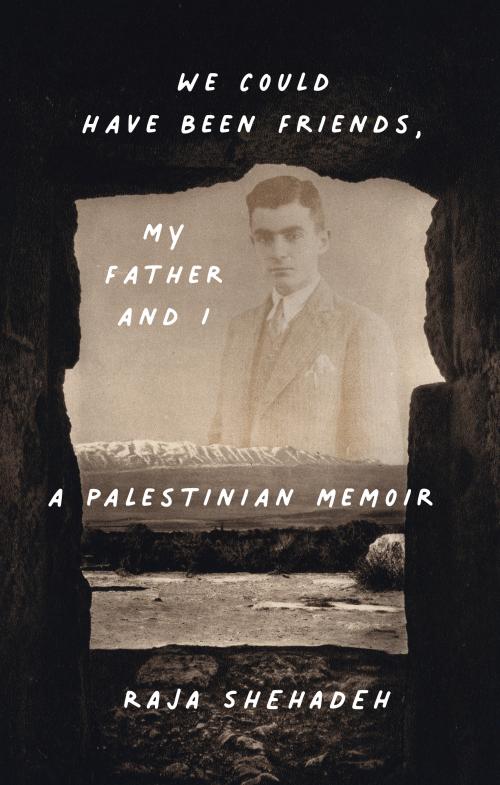
Chris inscribed his book before we went for lunch and handed it to me. “In search of fathers,” he wrote. When I read it, I immediately looked up and found him smiling. That was the thing about Dickey: seemingly effortless insights that almost always approached wisdom.
So it is with Shehadeh, a writer himself and perhaps the most prominent human rights lawyer in the Occupied Territories, who disentangles the history of a family, of a father and son’s complicated relationship, of Palestine and its century-old struggles, in prose so clear and disciplined you find yourself moving with such ease through reams of facts and emotions.
Like a fellow traveler, you trek with Shehadeh through a story laden with questions and lament, with confessions and conjectures, with arguments and revelations. You catch yourself underlining passages that recall your own disquietudes, marking doubts that echo yours, walking through emotional terrains excruciatingly similar to your own, even though you, the reader, are in the end no more than a voyeur.
Two tragedies guide Shehadeh’s memoir: the murder of his father, Aziz, in 1985, and Palestine. From these, he painstakingly distills the myriad sufferings that each has unleashed on person, family, and people. Aziz was a giant of a man, a visionary, an extraordinary legal mind, and a tenacious fighter for his kin and cause. In the early 1980s, when his son Samer and I met and became friends as students in Washington D.C, Aziz was already known to me as a leading Palestinian figure in the territories, famous for his epic court wins and relentless pursuit of an independent Palestinian state.
Long before the two-state solution became the bedrock of international diplomacy with respect to the Israel-Palestine debacle, it was Aziz’s, with infinitely better conditions for the Palestinians. Long before Palestine’s advocates understood international law as a potent weapon against Israel’s transgressions, it was Aziz’s. He lived and died a very lonely warrior, but it’s not his politics that got him killed.
Even though Israel has yet to relent and release the file on the investigation to Raja, it’s a near certainty now that Aziz was murdered by the defendant in one of his court cases. Absent the file, it took Raja decades of hard work to arrive at this determination, but apparently no more than a few weeks for the Israeli police themselves. On the face of it, it might seem curious that the Israelis would choose to sit tight and keep mum about a murder case, but to all those who have experienced the method of its occupation, this is vintage Israeli behavior. It no doubt gave them great satisfaction that the unfounded rumor that Aziz was assassinated by a raging Palestinian diehard grew into a conviction.
It’s the long-neglected archive of meticulously maintained papers and notes, which Raja finally sits down to read three decades after his father’s death, that reveal the minutiae of Aziz’s history with the Palestinian cause and the enormous toll it took on him. Only at the end of a stream of very painful and precious discoveries about the man, about the ordeals he suffered in silence, about the similarities in the legal and political quests of the two Shehadeh men, does Raja come to the heart-wrenching conclusion that “we could have been friends, my father and I.”
After one such discovery, Raja asks, “How is it that I remember none of this? How is it that his unjust imprisonment [by the Jordanian authorities] under such harsh conditions didn’t make father a hero in my eyes?” Well now he is in Raja’s — and, indeed, in ours.
His memoir is about Palestine but also evokes sons and daughters’ conversations with long gone fathers.
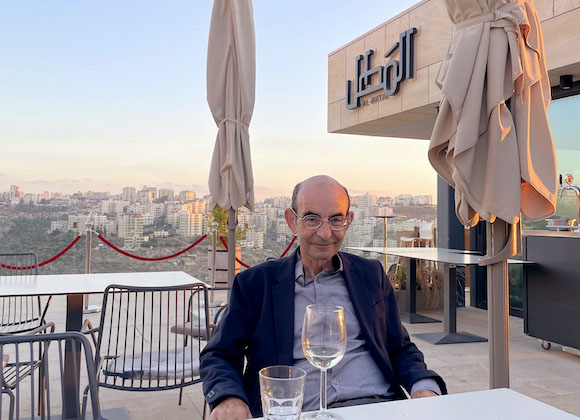
Imagine an afternoon in 1972, and a quiet conversation between two old Palestinian warriors in a living room filled with books. The two have not seen each other in decades, one presumes. Once protagonists on behalf of hundreds of thousands of Palestinian refugees, now they fidget awkwardly in their seats as they chat.
They have much in common, but between them are all the usual barriers of life and its traumas. Two very capable, even brilliant lawyers, they have failed in their larger mission of winning for their people the right of return in the immediate aftermath of the 1948 war. International law is with them, the UN as well, but the region’s geopolitics are just not amenable.
The gentlemen are Nimr Hawari and Aziz Shehadeh, Raja’s father. The setting is Nimr’s home in Nazareth, five years after the Arab-Israeli war of 1967, and the loss of the West Bank and East Jerusalem. Raja, who accompanied his father on that visit, was just 21 years old. He sat listening and, as the memoir shows, registering every detail of the back and forth.
What Nimr and Aziz share on that day is a distillation of the Palestinian predicament: the hardship it causes to those who stay, those who were expelled or fled, and those few who are able to return; the estrangements it creates between them; the separations it imposes; the encirclements it exposes, and the enfeeblements it feeds, leaving a defeated people unmoored and unbearably alone.
During one of their visits to Lausanne in 1949 to push for a solution as founding members of the Arab Refugee Congress, Nimr and Aziz were made an offer by a very cynical Eliahu Sasson, a member of the Israeli delegation. The Israelis flatly rejected every proposal for return made by the two, but Sasson extended an offer to them to return to their own homes in Nazareth and Jaffa (Haifa). Nimr took him up on his offer, Aziz didn’t. He set up a new home in the West Bank, only for it to be conquered and occupied by Israel in 1967.
The conversation stripped to its barebones:
Aziz: “I am curious to know. What made you decide to take up Sasson’s offer and go back?”
Nimr: “I considered very carefully all my options, Arab country after Arab country, but decided that none was suitable for me to work for the welfare of the refugees in them. So I thought that now that this battle is over I might as well take up the offer of the Jews to return to Israel. And that’s what I did.”
Aziz: “What was it like to return?”
Nimr: “At first I was accepted by neither the local Palestinian population, who were as miserable as can be, nor the Jews, who were flushed with victory and regarded me with derision, as if they had done me a favor for which I should be forever grateful by allowing me to return to my country. Of course, they didn’t recognize that it was my country, they believed it had become theirs and only theirs.”
Aziz: “Did you settle immediately in Nazareth?”
Nimr: “No in the beginning I lived in Akka, where I met with a lot of opposition from the communists… In their newspapers they wrote that ‘the Israeli authorities brought Hawari back while they pursue those who returned to Haifa….’ As if any of this was my fault and I should feel ashamed of returning home… The communists held on to my return as proof that I was a collaborator with the Jews…”
Aziz: “Did you regret your decision to go back?”
Nimr: “But what’s the use of regretting?…I was exhausted. I wanted to go back home even when I was aware it would not be easy to live under Israeli rule…. I moved away from politics and concentrated on my legal practice, taking cases to the High Court of Justice including that of the two Christian villages of Kafr Bi’rim and Iqrit.”
Aziz had not known about this case, so Nimr went on to explain that these two villages had not taken up arms during the war and were promised by the Israeli army that they would be evacuated only for two weeks while the army wrap up its operations. The army then reneged on its promise. Nimr won the case for the two villages in Israel’s High Court of Justice, but the Israeli army refused to comply with the judgement.
It was Nimr’s turn to ask. “What about your political involvement?”
Aziz: “In the early 1950s we believed the Jordanian regime would give us the opportunity to take part in the government and influence the politics of the country… For all these past nineteen years we felt repressed, imprisoned…After the occupation much more became clear to me. I had been deluded, like others, about the power of the Arab states and their ability to win the war with Israel. When I put all I knew together… I arrived at the conclusion that we must call for peace with Israel and achieve self-determination through our own Palestinian state.
Nimr: “But you’ll not succeed. Israel will never agree to a Palestinian state, never. What you’re calling for is not feasible.”
Aziz: “And I thought you might be an ally.”
Nimr: “Let me warn you about what to expect, I can do this because by now I know the ways of Israel.”
It’s the futility of it all that struck this reader hardest by the end of the visit. The Palestinian catastrophe was laid out in all its tragic regalia. Like other such encounters reconstructed by Shehadeh, the conversation illuminates the myriad discords that spawned in the shadow of one epic, unending conflict. And of all the discords that permeate the memoir, it’s that hushed one between Shehadeh and his father that resonates the most. Unbeknownst to either, they were kindred spirits all long, down to their signature. When Shehadeh started reading Aziz’s archives decades after his murder in 1985, he noticed that he signed his papers as Samed, “he who perseveres.” And who stands his ground. Exactly the same signature the son had often used in signing his.
Alas, a very lonely happy ending.
“In Search of Fathers” first appeared on Amal Ghandour’s blog, This Arab Life.



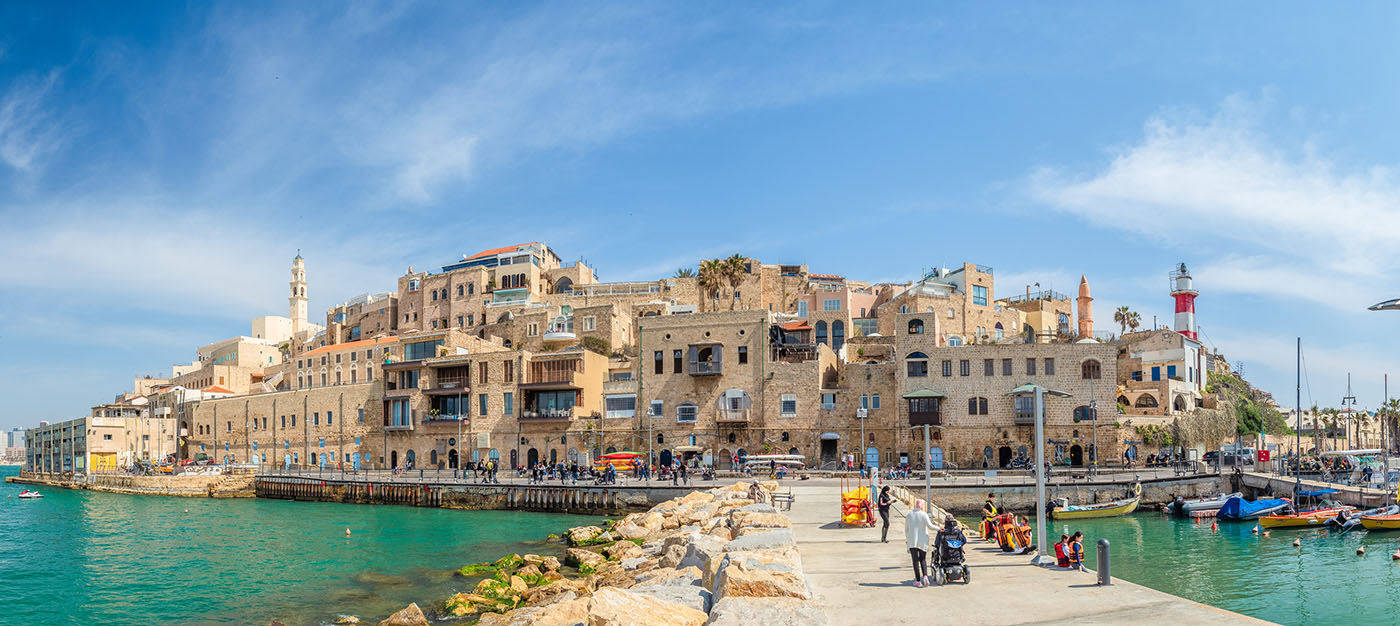

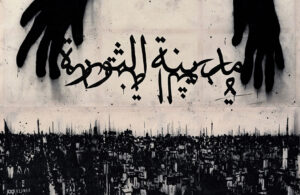




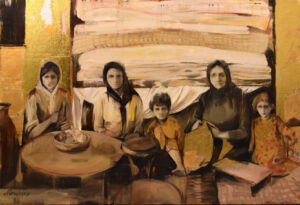


















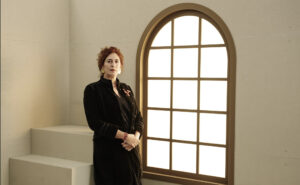






































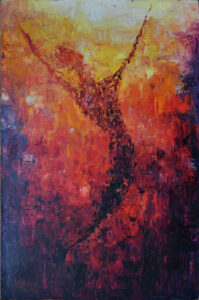


















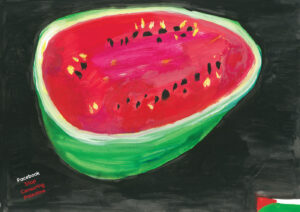





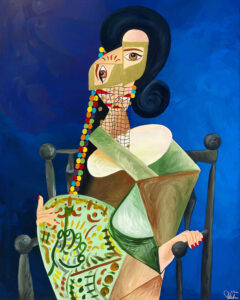














![Fady Joudah’s <em>[…]</em> Dares Us to Listen to Palestinian Words—and Silences](https://themarkaz.org/wp-content/uploads/2024/03/SAMAH-SHIHADI-DAIR-AL-QASSI-charcoal-on-paper-100x60-cm-2023-courtesy-Tabari-Artspace-300x180.jpg)



















